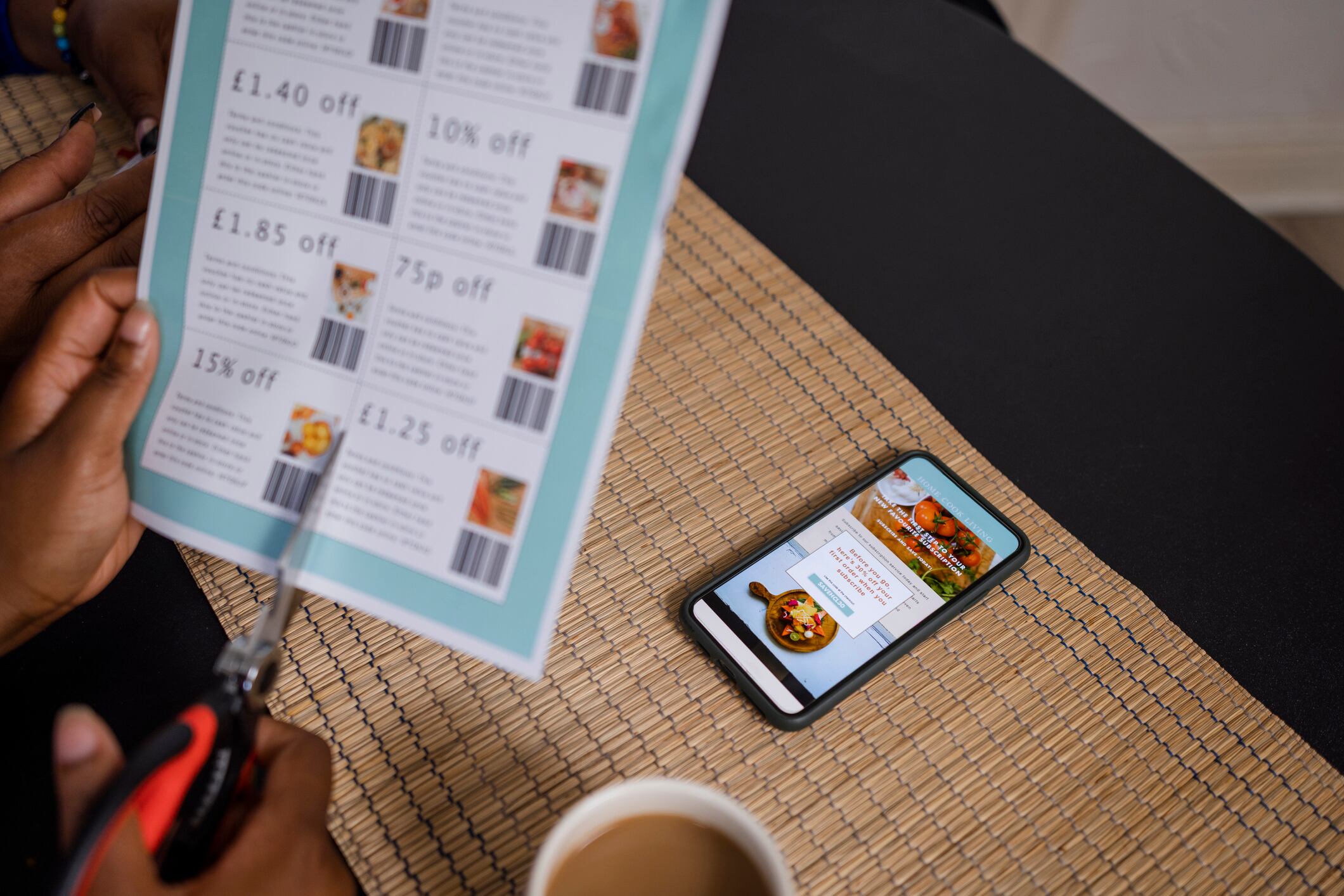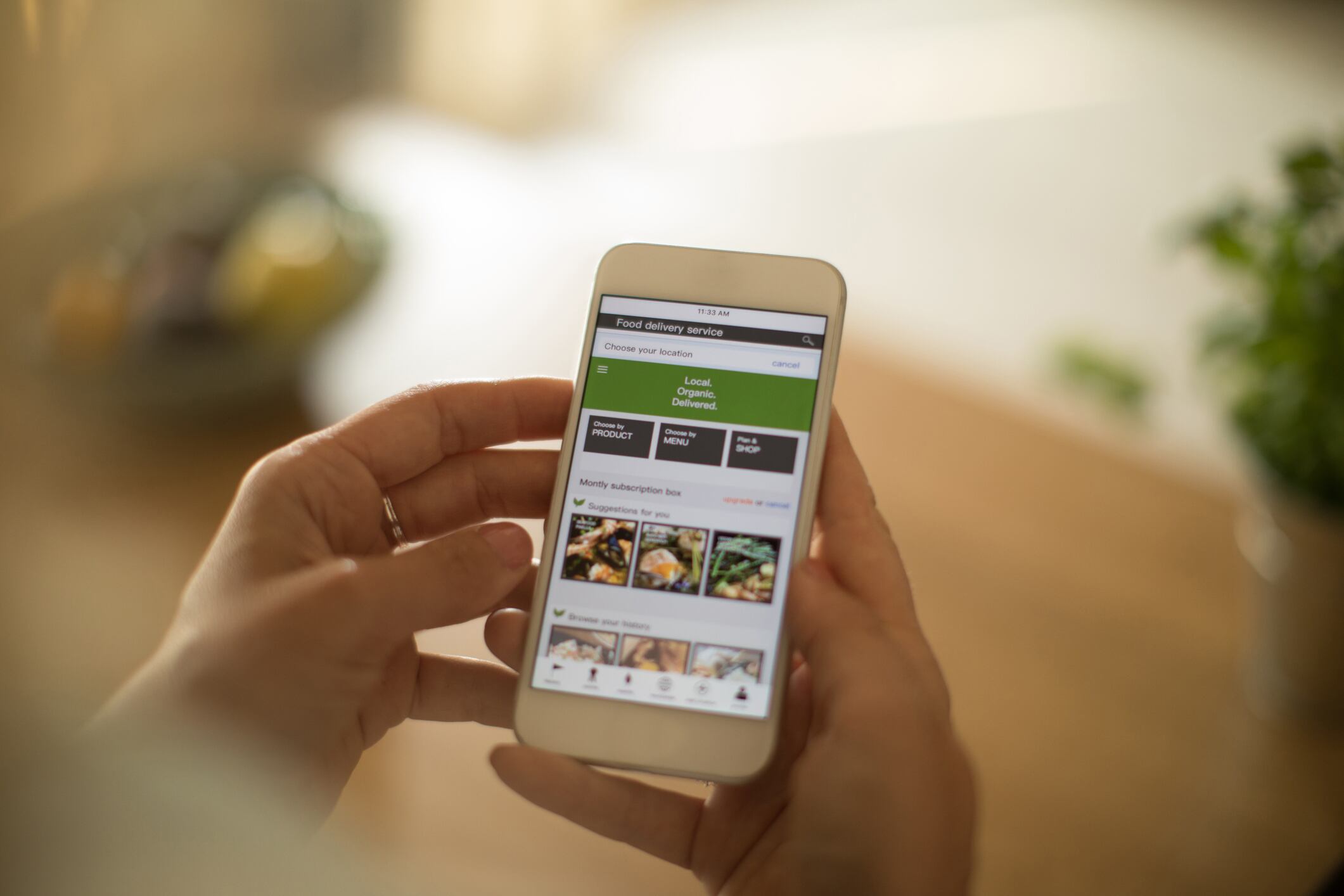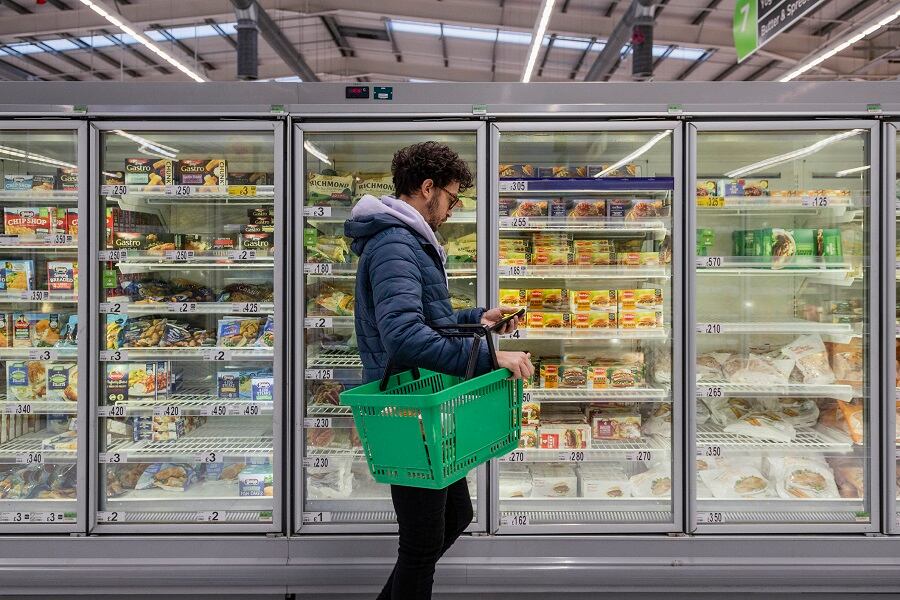Alongside demographic and basket data, retailers are “identifying other banners and brands their shoppers are interacting with to discover unmet needs and prioritize new production innovation,” Chris Foong, Numerator consultant, explained to FoodNavigator-USA.
“Some retailers are now managing their product portfolios like major brands—positioning new lines as up-market brands with elevated product attributes (think plant-based, fair trade, non-GMO, organic, etc.), modernizing packaging and design and discussing their brand performance on earnings calls."
Retailers’ distribution and supply chain networks can be a ‘built in competitive advantage’
Retailers have the competitive advantage of leveraging existing brand recognition, shopper loyalty and supply chain to promote new private label offerings or line extensions to shoppers, Foong explained. A result of inflation and low product on shelves, private label gained more visibility for shoppers during the pandemic given retailers’ existing supply chain and distribution networks.
Last year’s product shortages and inflationary price pressures highlighted how a retailer’s distribution network and supply chain could also be a built-in competitive advantage,” Foong said. “Retailers were able to keep more of their brands on the shelf and continue providing value to consumers thanks to their own inventory management and price control capabilities through the full supply chain,” he added.
“Natural scarcity can also help differentiate private labels from their national brand counterparts. If an item can only be found at one banner, then it is inherently more exclusive and can eventually become a trip driver with a loyal following,” he explained.
Ultimately, adjusting price for retailers’ private label products are determined by several factors—seasonality, competitive activity, promotional volume and supply chain fluctuations.
“What is feasible from an ingredient sourcing and nutritional standpoint after factoring in the retailer’s target price and gross margin?” Foong added.
Retailers’ advertising campaigns are “emphasizing cost savings while still offering similar tastes or quality” as national brands
In terms of categories, eggs and sugar are two private label products with greater household penetration compared to national brands. Contrarily, other categories like soda, sports and energy drinks and candy “skew significantly towards purchasing national brands more often.”
Retailers’ advertising campaigns, while not as robust as most national brands, are “emphasizing cost savings while still offering similar tastes or quality,” Foong said. Transparency on sustainably sourced or functional ingredients are also more common, allowing consumers to discern between private label and private brands.
Amazon, Aldi and Target hold the top three fastest growing private label brands in Q1 2023, Foong explained. Amazon Basics’ household penetration grew by 4.6 percentage points while Aldi and Target’s Favorite Day brand increased several points compared to 2022. The most popular brand with over 81% household penetration continues to be Walmart’s Great Value brand, followed by Equate (65%) and Marketside (59%), according to Numerator data.
Premium private label shoppers are more likely to prioritize quality and product claims
Consumer perception of private label quality has “steadily declined for years,” Foong added, with 45% of consumers reporting lower quality in 2020, and 40% in 2023. Yet consumers buying premium private label products are focused more on quality and product claims versus traditional private label products.
Based on Numerator data, “shoppers purchasing ‘premium’ private label products are more interested than traditional private label buyers in the product’s claims (33% to 11%) and its quality (55% to 51%).”




